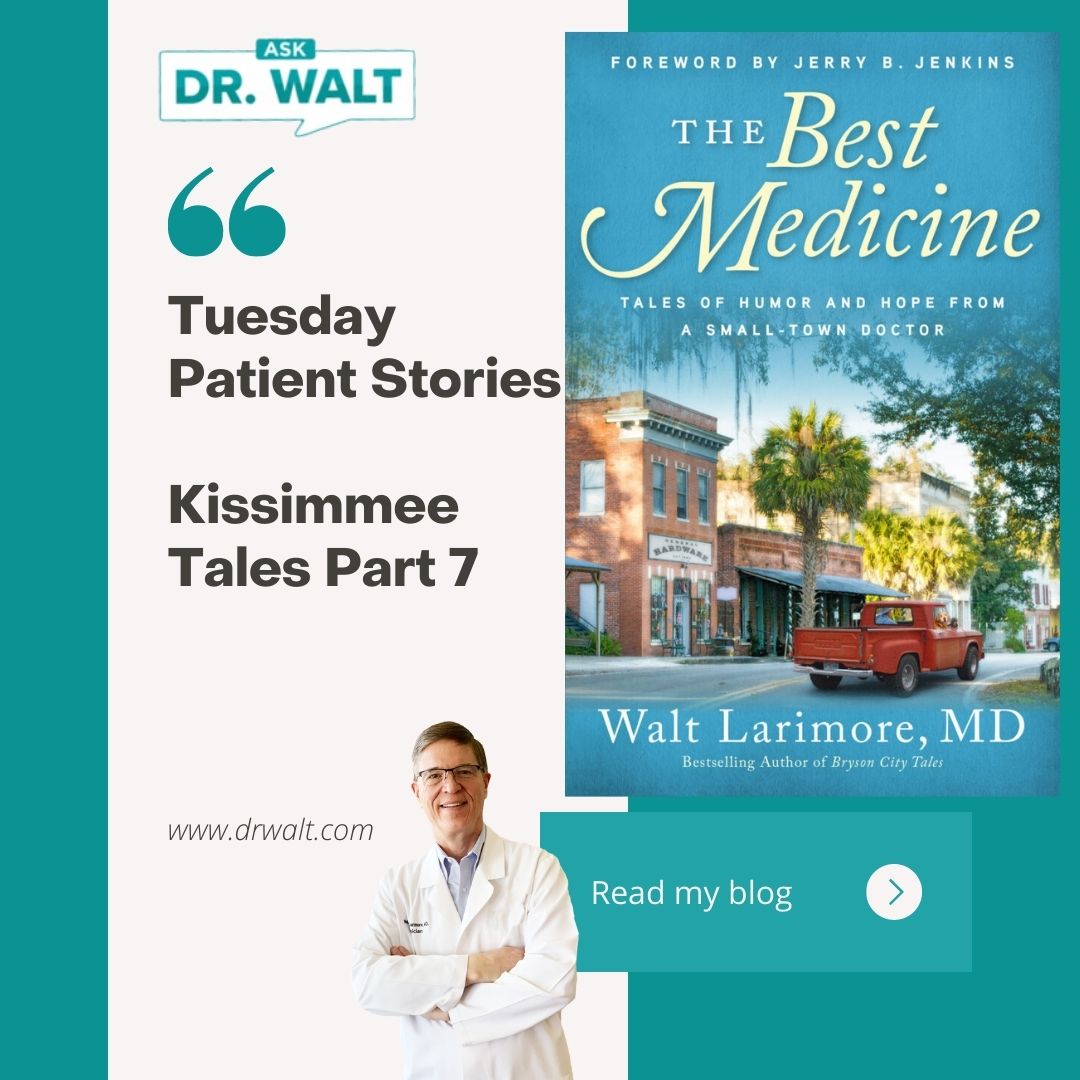
Saturday Book Report – “At First Light” named FINALIST in FIVE Page Turner Book Award Categories
September 17, 2022
Tuesday Patient Stories – Kissimmee Tales Chapter 5 – Back to Nature
September 20, 2022The UPI reported that walking and physical activity can dramatically reduce the risk of premature death.
One study found that people ages 85 and older who walked at least one hour per week had a 39 percent lower death risk from cardiovascular causes and 40 percent lower all-cause mortality risk than inactive individuals.
This first study was from a South Korea-based study planned for presentation at the European Society of Cardiology Congress.
Please note that studies presented at medical meetings are usually evaluated and selected by a committee of experts but have not generally undergone the same peer review process required for publication in a scientific journal. As such, the findings presented should be considered preliminary until a peer-reviewed publication is available.
However, a separate study conducted by the National Cancer Institute and published in JAMA Network Open found that adults ages 59 to 82 who walked for exercise, swam, jogged, or took part in other physical activities had a lower premature mortality risk from any cause than inactive people.
The bottom line is that adults, regardless of their age, are advised to do at least 150 minutes a week of moderate-intensity activity or 75 minutes a week of vigorous-intensity activity, or an equivalent combination, a news release noted. But sedentary time tends to increase with age as physical activity declines.
© Copyright WLL, INC. 2022. This blog provides healthcare tips and advice that you can trust about a wide variety of general health information only and is not intended to be a substitute for professional medical advice, diagnosis, or treatment from your regular physician. If you are concerned about your health, take what you learn from this blog and meet with your personal doctor to discuss your concerns.



